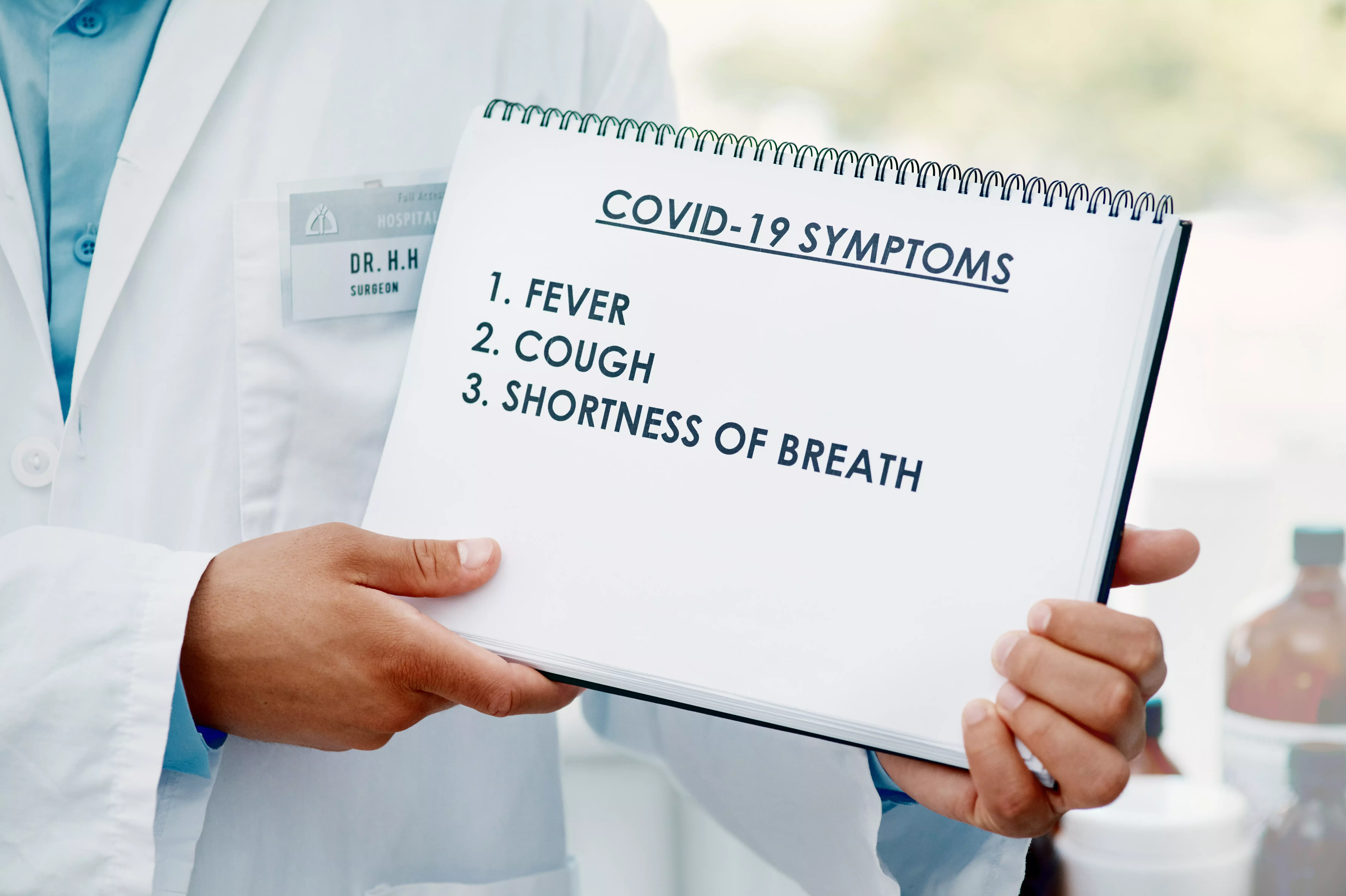COVID-19 symptoms: how to recognize the disease?
Introduction to COVID-19 Symptoms
Over the past few years, COVID-19 has become one of the most serious health challenges worldwide. Recognizing the disease at an early stage plays a key role in preventing its further spread. With this information, you will learn the main symptoms of COVID-19, which can help identify the infection.
The most common symptoms of COVID-19
Symptoms of SARS-CoV-2 virus infection can vary widely from person to person. Among the most commonly reported symptoms are:
Fever: A high body temperature exceeding 38°C is one of the most common symptoms.Cough: A persistent cough, often dry, is another characteristic symptom.Fatigue: People infected with COVID-19 often report severe fatigue and weakness.Shortness of breath: Difficulty breathing may occur, especially in more severe cases.Additional symptoms of COVID-19
In addition to the most common symptoms, there are many additional symptoms that patients may experience. These include:
Loss of taste and smell: Visits to restaurants can become less pleasant when taste and smell disappear.Muscle aches: A general feeling of pain and muscle stiffness are also symptoms you may notice.Gastrointestinal problems: Nausea, vomiting or diarrhea may also be symptoms. When should you go to the doctor?
When should you go to the doctor?
People who experience the above COVID-19 symptoms should consider contacting a doctor, especially if:
Symptoms are severe and do not go away.There is difficulty breathing.You feel chest pain or a feeling of tightness.Symptoms should not be ignored, especially in people with health problems or an increased risk of severe disease.
How to recognize COVID-19 in the context of other diseases
It is also important to remember that many of the symptoms of COVID-19 can overlap with those of other diseases, such as the flu or the common cold. In such cases, the SARS-CoV-2 virus test becomes crucial for a correct diagnosis.
Tests for COVID-19
There are several types of tests for COVID-19 that can help in diagnosis. RT-PCR tests are considered the most reliable, while antigen tests can give results faster, but their accuracy may be lower.
How to avoid COVID-19 infection?
Preventing infection is key to protecting yourself and others. Here are some recommended practices:
Wearing masks: Protective masks are effective in reducing the risk of transmitting the virus.Regular hand washing: Disinfecting hands frequently and thoroughly is a must.Avoiding gatherings: Limiting social contact in large groups is an important strategy.Summary
Proper recognition of the symptoms of COVID-19 is key to successful management of this disease. Awareness and knowledge of symptoms can help you take quick action that will benefit your health. Regular testing and following health recommendations is not only about taking care of yourself, but also about taking care of others.

Add comment